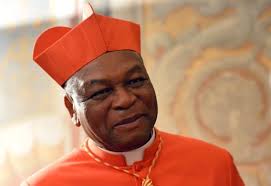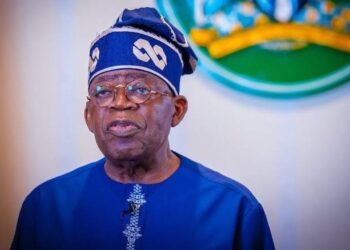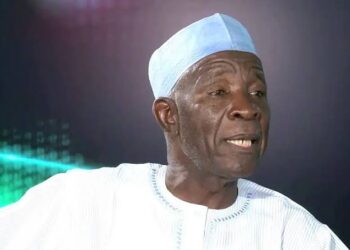July 4, 2024, marked a pivotal moment for the United Kingdom as it embarked on general elections anticipated to redefine its political landscape. The main contenders included the Conservative Party, led by incumbent Prime Minister Rishi Sunak; the Labour Party, under the leadership of Sir Keir Starmer; the Liberal Democrats, headed by Ed Davey; the Scottish National Party, led by Humza Yousaf; and the Green Party, co-led by Carla Denyer and Adrian Ramsay. These elections were poised to shape the country’s direction on crucial issues such as the economy, post-COVID-19 recovery, healthcare reforms, climate change policies, Brexit fallout, and social challenges encompassing immigration, education, and housing.
The electoral processes in the UK are characterized by their parliamentary system, which mandates elections every five years, overseen by the Electoral Commission. Voting is compulsory and automatic for citizens aged 18 and above, conducted predominantly through traditional paper ballots cast at polling stations across the nation. The UK’s electoral system emphasizes stability, with voting conducted from 7 am to 10 pm in various community venues, ensuring broad accessibility and transparency.
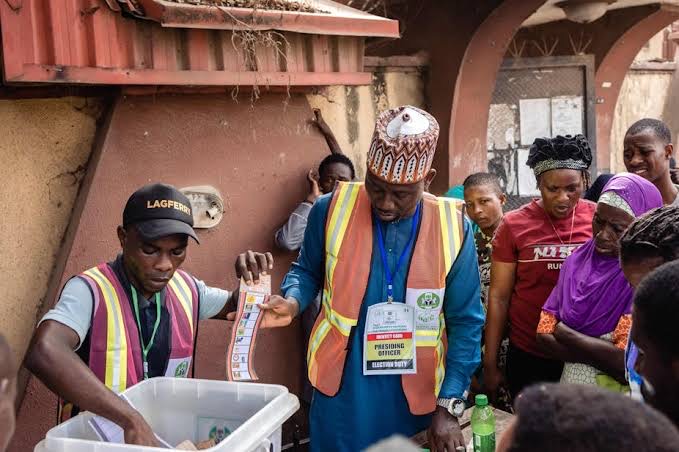
In contrast, Nigeria operates under a Presidential system, with elections held every four years. Major political parties include the All Progressives Congress (APC), the People’s Democratic Party (PDP), and the Labour Party. Nigeria faces distinctive challenges such as security threats from groups like Boko Haram, economic diversification imperatives, corruption concerns, and infrastructural deficiencies in education, healthcare, and public services. The Independent National Electoral Commission (INEC) manages elections, incorporating biometric voter accreditation systems to enhance transparency, although challenges persist with voter turnout and security during elections.
While the UK’s electoral framework promotes stability and public trust through rigorous oversight and transparent processes, Nigeria’s elections are marked by complexities including security tensions, voter apathy, and occasional irregularities. Both countries, despite their differences in governance and electoral procedures, share a common goal of ensuring democratic legitimacy and public participation in the electoral process.
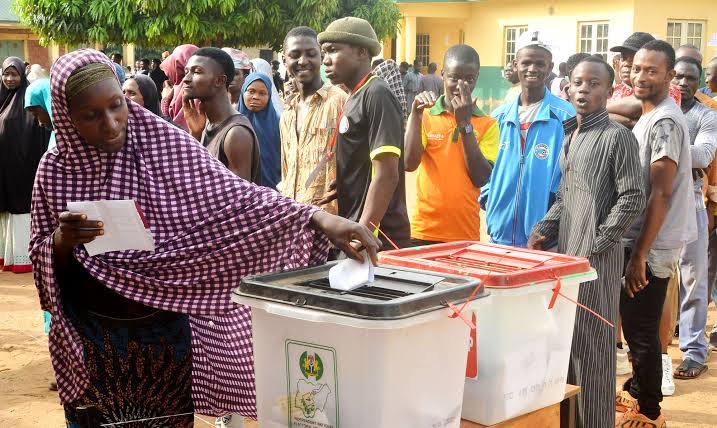
The UK electorate’s high turnout rates and active political engagement reflect a culture of civic duty and accountability, bolstered by stringent campaign finance regulations and effective election administration by independent bodies. Conversely, Nigeria contends with lower voter participation rates influenced by regional disparities in political engagement and security concerns.
The integrity of elections is paramount to both nations’ democratic aspirations. In the UK, the Electoral Commission’s role in overseeing elections and regulating campaign finance underscores a commitment to fair electoral practices and democratic principles. In Nigeria, INEC’s efforts to leverage technology for voter registration and results transmission seek to address challenges of electoral fraud and violence, albeit amid ongoing calls for greater transparency and accountability in electoral processes.
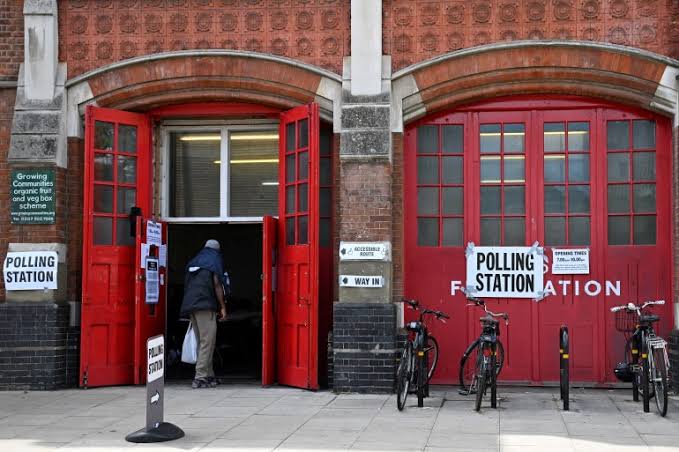
Ultimately, the UK and Nigeria represent contrasting models of electoral governance shaped by their respective histories, cultural contexts, and governance structures. While the UK’s electoral traditions emphasize stability and regulatory oversight, Nigeria’s electoral landscape navigates challenges to uphold democratic principles amidst socio-political complexities.
In conclusion, both countries strive to enhance electoral integrity through reforms that promote transparency, accessibility, and public confidence in democratic institutions. The lessons learned from each other’s experiences can inform ongoing efforts to strengthen electoral systems, ensuring they reflect the will of the people and uphold democratic values in an evolving global landscape.



